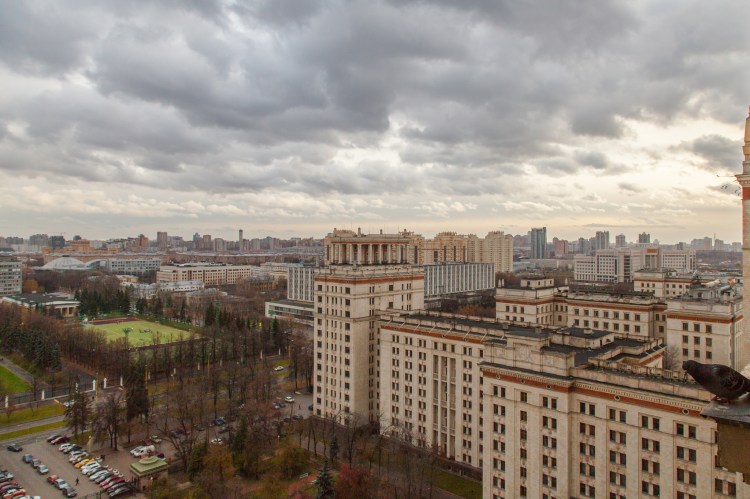Want smarter insights in your inbox? Sign up for our weekly newsletters to get only what matters to enterprise AI, data, and security leaders. Subscribe Now
Two initiatives that confirm the Russian government’s commitment to support the country’s high-tech industries were announced this month. The first was the creation of a 5 billion ruble (approximately $100 million) tech fund by RVC, the state-owned fund of funds dedicated to innovation, in partnership with Da Vinci Capital Management, a major internationally-oriented Russian asset management company.
Presented as “Russia’s first tech-IPO tech investment fund,” the fund will invest in “fast-growing high-tech companies with international development and IPO potential.” The portfolio companies will be encouraged to float stock on the Innovation and Investment Market of the Moscow exchange (iIM).
The fund is intended to operate jointly with the Da Vinci PE Fund II for three and a half years. It will target mid-sized companies, with an average investment amount of 300 million rubles ($6 million at the current exchange rate).
“The creation of this fund reflects the needs of the domestic capital market, whose access to the Western market is restricted,” said Da Vinci Managing partner Oleg Zhelezko.
“We aim to support the national IPO market and to create a full-fledged ecosystem for innovative companies which remain opened to international investors,” he added.
Russo-Chinese tech friendship
Almost simultaneously was announced the creation of a Russo-Chinese business incubator and robotics center associated with a $200 million venture fund.
This agreement was inked last week in Beijing between Skolkovo, the international tech hub under completion on the outskirts of Moscow, and Cybernaut Investment, a major Chinese fund that invests in early- and growth-stage companies.
The agreement, which is set to come into force in the third quarter of this year, states that a 1,500 square meter (16,000 square foot) research and development business incubator will be established at the Skolkovo Innovation Center.
The facility will be designed to house at least 15 Skolkovo resident companies that operate in the fields of IT and robotics, space, energy-efficiency technologies, and new materials.
A robotics center will be created in China with the help of Skolkovo’s Robotics Center, with a joint acceleration program for Skolkovo startups to prepare entry on the Chinese market.
The venture fund will be financed by Cybernaut exclusively. “Skolkovo can potentially provide grant financing to startups, but only if they have at least 50 percent of their budget funded by private or venture investors,” Skolkovo’s press service explained in an exchange with East-West Digital News.
Skolkovo’s relations with China started in 2012, when the Russian tech hub signed its first memorandums of understanding (MOUs) with Chinese organizations. Since then its partner network has included science and technology parks such as TusPark and HKSTP, large companies, and federal and regional governmental bodies.
“One of our flagship projects with China is the Russia-China High-Tech Park ‘Silk Road,’ which was started in 2014 under an MoU between Skolkovo Foundation, Russian Direct Investment Fund, Russia-China Investment Fund and Shaanxi Province. The project includes the construction of a 200,000 square meter (2.15 million square foot) high-tech park in Skolkovo and a 4 square kilometer high-tech park in the Shaanxi Province,” according to Skolkovo.
Confirmed government support
Support for emerging innovation industries was one of the Russian government’s priorities during the presidency of Dmitry Medvedev (2008-2012), who launched the Skolkovo project and other initiatives.
Some feared that state commitment might not be continued at the same level after Vladimir Putin came back to the Kremlin; but these fears proved unfounded. Not only did Putin confirm support for the Skolkovo project, he also got personally involved in such important new initiatives as the creation of FRII, a $200 million investment fund for seed- and early-stage Internet startups.
Over the past year, tensions with Western countries have come to serve as another stimulus for innovation-friendly policies, with the government more willing than ever to reduce the country’s dependence on foreign technologies.
The joint Skolkovo-Cybernaut fund is also in line with Russia’s strategy to focus on China rather than the Western powers for further important economic partnerships.
Sources: RVC, Skolkovo Foundation
This story originally appeared on Www.ewdn.com. Copyright 2015


